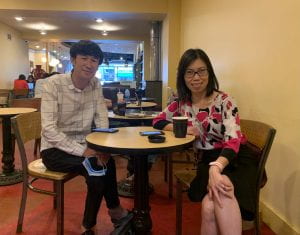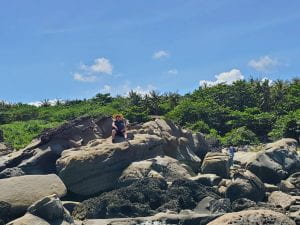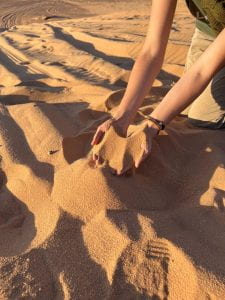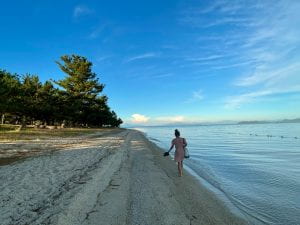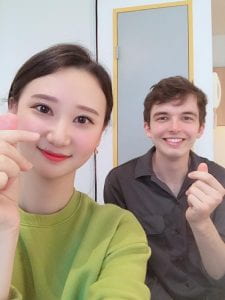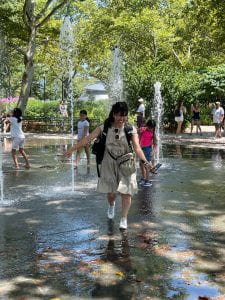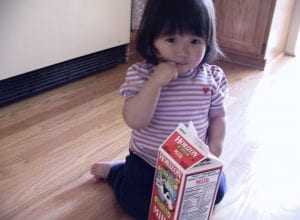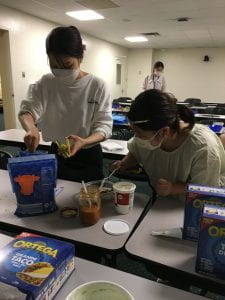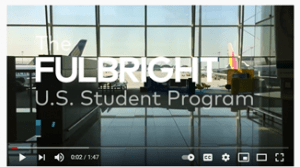Trying for Nothing: A Personal Narrative by Habibullah Sorosh
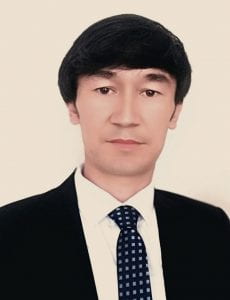
In 2006, I was a second semester student at Kabul University, living in a dormitory. One night a friend told me about the film Osama, an Afghan film, directed by Seddiq Barmak in 2003, and although I had not seen the movie, I felt I knew this story from my own life. Perhaps, it was because I identified with the main character, the bitter story of her life and history, and the sadness of our time. Osama is the story of people who lost their identities under the boots of religious fascism. It is a story of fear. It features an innocent girl who bears the heavy burden of injustice, inequality, and religious extremism. The script is based on a series of painful and real events that all the people of Afghanistan have witnessed and felt.
I asked all my friends if they had this film, but no one did. As I was born into a poor family in a village far from Kabul, I had no extra money to buy anything besides food, but I was starting to obsess about how I could acquire the film. One day, I decided that instead of going to university I would go to Kote Sangi, a public square where workers came to find work. My plan was to wait for someone to hire me, and then I would use the money to buy the film Osama.
When I got to the square, I saw about 300 people waiting to have someone take them to work. Whenever a car arrived, the workers crowded in as everyone was trying to get work. I also joined these workers and ran to every car that came along, saying loudly, “Do you need a worker, uncle? I will take less pay than the others.”
Several cars came and took with them those who looked big and strong. I was worried that no one might ever use me because I looked weak. After five hours of waiting, a Corolla came. All of the workers ran towards it. A handsome man got out of the car and stared at everyone. His eyes met mine. He approached me and said, “Are you a worker?” I said, in a trembling voice, “Yes.” He said, “Get in the car.” We drove to the wealthy area of Khair Khana, and when we arrived at his luxurious and modern house, he guided me inside. As is tradition, he offered me bread, and as opposed to the poor-quality government bread I was used to at university, this was fresh Paraki Naan, the exact kind my mother would make. It reminded me of her and how much I missed her. As I did not have the bus fare to go back to my village, I had not seen my mother for seven months.
The man suddenly and loudly said to his young children, “Come, Nilab, Susan, and Muhammad.” His children came.
I looked at the man and said, “Sir, can you guide me as to what I should do?” The man stared at me for a bit and then said, “Stand up.” I stood. The man turned to his children and said, “Look carefully. This boy is very young and handsome, but, if you do not study, your destiny will be like his.”
Yes! I was a symbol of laziness and illiteracy for his children.
I felt my throat squeeze with sadness, and I could not hold back my tears. I cried. His wife came to me and raised my head and said, “Do not cry, dear. If you studied, you would not live like this now. You could become an engineer or doctor.”
When I felt the motherly care of that woman, I remembered my own mother, who always said proudly to everyone that would listen, “My dear son Habib, from the first grade until now, always got the first position in school.
In the midst of crying and sobbing, I said, “I got the first ranking in school, and now I am also the first in my class at university.”
They were so ashamed to hear this that they gave me 300 Afghani on the spot, which is one day’s wage for a worker. I said, “I did not do anything. I do not deserve a wage.” But the man hugged me and gave me the money anyway.
I left his house with a strong feeling of relief, and the next day went to the DVD store and bought the film Osama.
Throughout my education, I studied with excruciating difficulties, and I got a good result. I taught as a professor at Kabul University, faculty of Fine Arts for 11 years, and with great effort I collected a collection of DVDs for 15 years, which I used in my teaching and research at Kabul University.
When the Taliban came to Kabul in August 2021, and I quickly burned all the documents I had. I set fire to my literary and artistic documents, and my DVD collection. It may seem silly, but when you feel death close by, you are forced to destroy even your identity. My life is a story of people who lost their identities under the boots of religious fascism.
Bio: Habibullah Sorosh is a professor, screenwriter and playwright whose research includes the history of Afghan cinema, the structural effects of absurdist dramas, and Kazakh historical genre films. Born in the Jaghori district, Ghazni province of Afghanistan Habib received his Bachelor of Cinema and Theater from the Department of Fine Arts at Kabul University and Master of Art Criticism at Kazakh National Academy of Arts T. Zhurgenov. For the past ten years, Habib has been a professor at Kabul University in the Department of Fine Arts and Dramatic Literature. He is currently a Visiting Researcher in the Schools of Drama and Art at Carnegie Mellon University where he is researching the fields of theatre, cinema, and art theory.
Habib Sorosh received a scholarship to study English with the English Language Program at Chatham University in Summer 2022. Below is a picture of him and Dr. Linh Phung, Director of the ELP, during a class outing.
